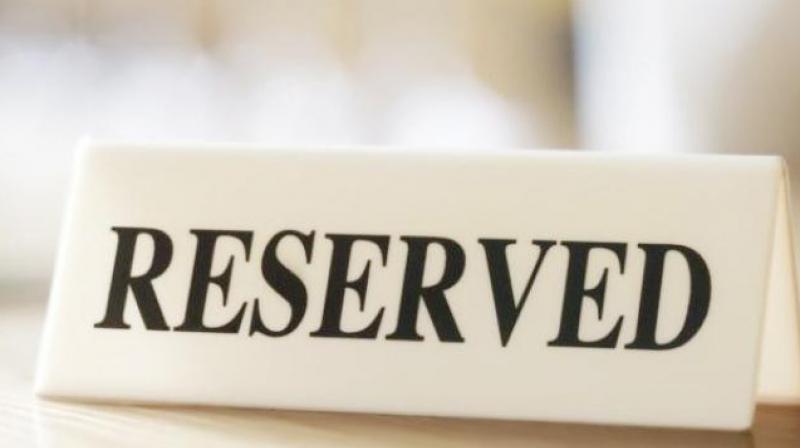
The Scheduled Castes, Scheduled Tribes, and Other Backward Classes (SCs), among other communities, will receive a proportional amount of reservation in jobs and educational settings under a measure that the Chhattisgarh government intends to propose in the assembly (OBC).
The draft will be examined at the state Cabinet meeting on November 24 before being presented during a two-day special assembly session beginning on December 1, according to people with knowledge of the situation.
The state government raised the OBC and SC quotas from 14% to 27% and 12% to 13% respectively in August 2019. The ST reservation was maintained at 32%. The Chhattisgarh High Court warned the government against moving forward with an ordinance to raise the OBC quota in October 2019.
An official in the chief minister’s office said the court pointed to a lack of data for the quota increase and stayed the move. “The government formed a Chhattisgarh Quantifiable Data Commission, which has submitted a report. Accordingly, a bill will be tabled in the assembly,” said the official, requesting anonymity.
The official said the increase will be as per the 2019 announcement. In September, the high court reduced the quota for tribals from 32% to 20%. The state government in 2012 order raised the quota of tribals and took the overall reservations to 58%, which the court said was unconstitutional.
The hike, according to the official, will follow the 2019 announcement. The high court cut the tribal quota in September from 32% to 20%. In a 2012 ruling, the state government increased the number of tribal members and increased the percentage of reservations overall to 58%, which the court ruled was illegal.
She showed her dissatisfaction over the matter and said it may lead to law and order issues. Uike said it is her responsibility to ensure the protection of the tribal interests in the tribal-dominated state.